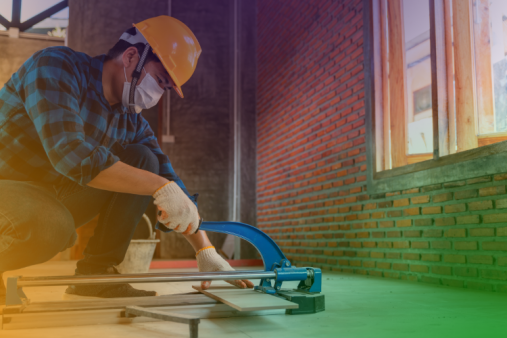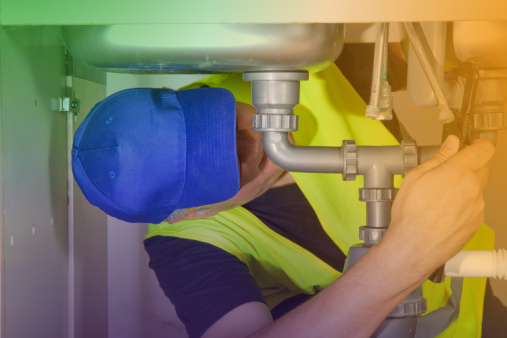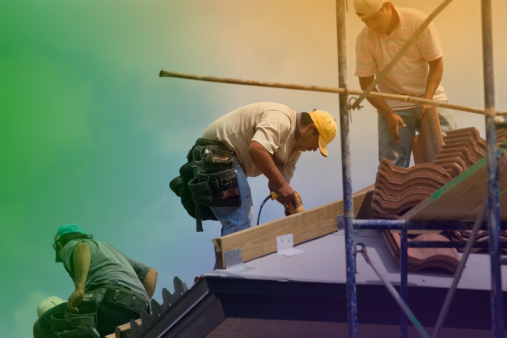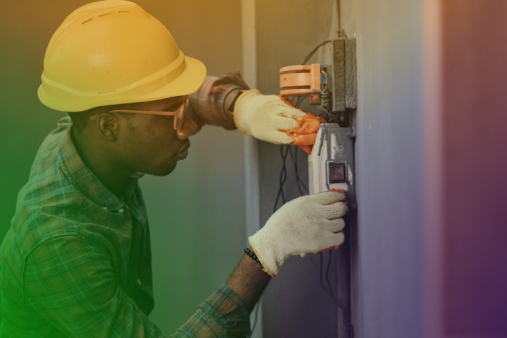There are several types of qualifications that builders can obtain to demonstrate their skills and expertise. Some of these qualifications include:
-
Apprenticeships: Apprenticeships provide hands-on training and education for those who are just starting their careers in the building industry. Apprentices work alongside experienced builders to gain practical experience and may also attend classes to learn about building techniques and safety protocols.
-
Vocational qualifications: Vocational qualifications, such as the National Vocational Qualification (NVQ) in Construction and the Built Environment, are designed to provide builders with specific skills and knowledge in their chosen trade. These qualifications can be obtained through on-the-job training or through formal classroom education.
-
Trade certifications: Trade certifications are specific to a particular trade, such as plumbing or electrical work, and demonstrate that a builder has met certain standards in that area. Examples of trade certifications include the Gas Safe Register for gas engineers and the National Inspection Council for Electrical Installation Contracting (NICEIC) for electricians.
-
Professional certifications: Professional certifications, such as those offered by the Chartered Institute of Building (CIOB) and the Royal Institute of Chartered Surveyors (RICS), demonstrate that a builder has met high standards of professionalism and expertise in their field.
-
Licenses: Many builders are required to hold licenses in order to operate legally. For example, builders who work with asbestos or lead may need special licenses to ensure they are handling these materials safely.
These are just a few examples of the different types of qualifications that builders can obtain. The specific qualifications required may vary depending on the country, region, or industry in which the builder is working.
City & Guilds builders qualifications (examples)
City & Guilds is a well-known awarding body that offers a range of qualifications for builders and those in the construction industry. Some of the City & Guilds builders qualifications include:
-
Level 1 Certificate in Basic Construction Skills: This qualification is designed for those who are new to the construction industry and want to develop basic skills in areas such as bricklaying, carpentry, and plastering.
-
Level 2 Diploma in Bricklaying: This qualification is for those who want to specialize in bricklaying and covers topics such as constructing cavity walls and arches, and laying domestic drains.
-
Level 2 Diploma in Carpentry and Joinery: This qualification is for those who want to specialize in carpentry and covers topics such as constructing staircases and roofs, and fitting windows and doors.
-
Level 2 Diploma in Plastering: This qualification is for those who want to specialize in plastering and covers topics such as applying and finishing plaster, and installing dry lining systems.
-
Level 3 NVQ Diploma in Occupational Work Supervision: This qualification is for those who want to progress to a supervisory role in the construction industry and covers topics such as health and safety, project management, and communication skills.
-
Level 4 NVQ Diploma in Construction Site Supervision: This qualification is for those who want to progress to a managerial role in the construction industry and covers topics such as managing budgets, resources, and people, and assessing risks.
These are just a few examples of the City & Guilds builders qualifications available. The specific qualifications offered may vary depending on the country, region, or industry in which the builder is working.
CITB qualifications examples
The Construction Industry Training Board (CITB) offers a range of qualifications for builders and those working in the construction industry. Some of the CITB qualifications for builders include:
-
Health, Safety and Environment Test: This qualification is required for all workers in the construction industry in the UK and assesses their knowledge of health and safety regulations and best practices.
-
Site Management Safety Training Scheme (SMSTS): This qualification is for those who are in or want to progress to a supervisory or management role on a construction site. It covers topics such as risk assessment, legal responsibilities, and communication skills.
-
Site Supervisors Safety Training Scheme (SSSTS): This qualification is for those who are currently working as or want to progress to a supervisory role on a construction site. It covers topics such as health and safety regulations, hazard identification, and communication skills.
-
Construction Site Visitor: This qualification is for those who need to access construction sites but do not perform a construction-related role. It covers topics such as health and safety regulations, site hazards, and emergency procedures.
-
Construction Plant Competence Scheme (CPCS): This qualification is for those who operate plant machinery on construction sites. It assesses their knowledge and skills in operating specific types of plant machinery.
-
Construction Skills Certification Scheme (CSCS): This is a card scheme that verifies a worker's identity and qualifications. There are different levels of CSCS cards depending on a worker's role and qualifications.
These are just a few examples of the CITB qualifications available for builders. The specific qualifications required may vary depending on the country, region, or industry in which the builder is working.






